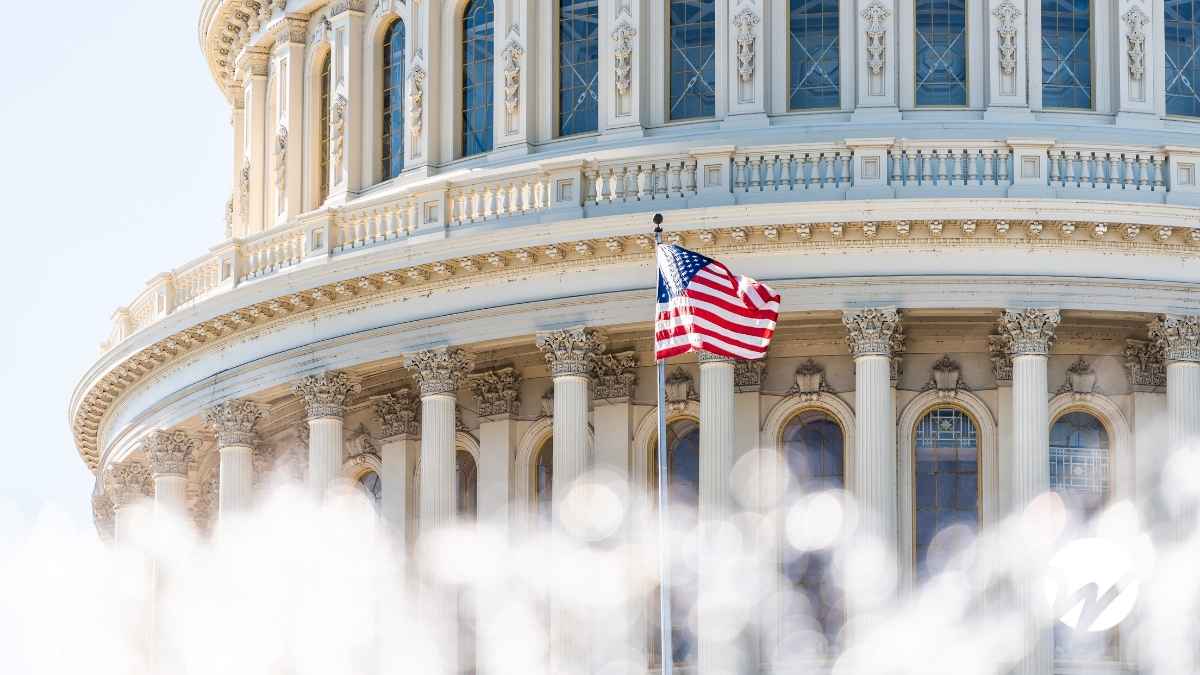On May 22, 2025, the House of Representatives passed the One Big Beautiful Bill Act. The Senate is expected to start debating the new legislation after their Memorial Day recess. Congress was given the goal by the President to have the legislation to him for signature by early July. The goal for many members of Congress was to extend the Tax Cut Jobs Act (TCJA) provisions and make those provisions more permanent.
Let’s look at the biggest impacts for small business taxpayers starting with the 2025 tax year as proposed in the House of Representatives’ version of the One Big Beautiful Bill Act.
Fixed Assets
Business will be able to fully deduct the cost of qualified assets acquired between January 20, 2025, and January 1, 2030, using a 100% deduction. Section 179 expense limit would be doubled from $1.25 million to $2.5 million with the phase out beginning at $4 million. Both provisions are aimed at increasing capital investments made by businesses.
Interest & R&D Expenses
Business interest expense limitation, Section 163j, reinstates the EBITDA-based limitation through 2028. By allowing depreciation and amortization to be added back many small businesses that were previously limited on the interest expense will now be able to deduct additional interest expense.
Domestic R&D expenses under Section 174 are currently required to be added back to taxable income and then amortized over 5 years. Under the proposal, those expenses would be automatically deductible through the 2028 tax year. Foreign R&D expenses would retain their treatment of being added back and amortized over 15 years.
Passthrough Owner Implications
The Qualified Business Income Deduction, Section 199A, is to be made a permanent deduction and increases that deduction from 20% to 23%. Section 199A was originally set to sunset at the end of the 2025 tax year. There are new limitations to the deduction requiring a two-step process. The same 50% of W-2 wages or 25% of W-2 wages with 2.5% of qualified business property remains as a first step. The second step is for the taxpayer is to aggregate these limitation amounts across all qualified businesses. Additionally, Specified Service Trade or Businesses (SSTBs) no longer have a phase out. These businesses are excluded from a deduction if they are over the threshold amount. The threshold for 2025 is set at $197,300 for single filers and $394,600 for married filing joint filers.
State and local income taxes (SALT) deduction has been the most hotly contested area in legislation since the enactment of TCJA. Under the proposal the SALT deduction cap will be increased to $40,000. This amount is limited for people with an adjusted gross income (AGI) over $500,000 for married filing joint and $250,000 for single filers which would phase down to $10,000. Additionally, the Pass Thru Entity Taxes (PTET) for SSTBs would not be allowed. Further, gross receipts, franchise and other non-income taxes would count towards the $40,000 limitation. This will cause additional reporting requirements for a passthrough business to ensure that their owners are reporting the correct amount of state income taxes for their SALT itemized deduction.
Excess business losses under Section 461(l) starting with January 1, 2025, would no longer convert to net operating loss (NOL). Business losses disallowed before January 1, 2025, are not affected. The sunset provision was set to start 2028, with the revised proposed legislation that sunset was removed. For the 2025 tax year the threshold is $313,000 for single filers and $626,000 for married filing joint for determination of excess business losses.
Looking Ahead
The proposed legislation includes numerous provisions beyond the scope of income reform. It is expected that the Senate will have their own items that they will want to include, exclude, or modify. Once the Senate passes their version of the bill it will get sent back to the House of Representatives for reconciliation. Once the reconciliation phase is passed, the legislation will move to the President’s signature. It is uncertain at this time if Congress will meet the targeted timeline of early July.
As always, we will keep you updated on developments as they occur. If you have any specific questions related to the proposed legislation and its impact on your business, reach out to your Wegner CPAs tax advisor for guidance.




